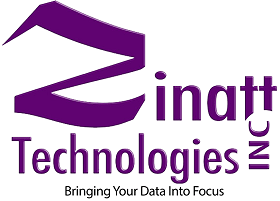Understanding Case Management Systems
Case management systems are software tools that help organizations manage and streamline their cases and workflows efficiently. They provide a centralized platform for storing, organizing, and tracking case-related information, such as documents, communications, and deadlines. Key features of case management systems include:
- Customizable workflows: Tailor the system to match your organization’s unique processes.
- User permissions: Control access levels to ensure data security.
- Integration capabilities: Connect with other software applications used in your organization.
- Reporting and analytics: Track case progress and performance metrics.
- Automation: Streamline repetitive tasks to increase productivity.
Qtis (Quick Tracking Information Systsem) powered by Zinatt Technologies Inc provides all the capabilities investigators need to manage cases. (See image below for Qtis workflow configurator)
Key Features for Efficiency
When choosing a case management system, look for features that can boost efficiency in your workflow. Features like task automation, customizable workflows, and real-time collaboration can help streamline your processes. Integrated reporting tools are essential for tracking progress and identifying areas for improvement. Prioritize systems that offer user-friendly interfaces, as they can increase user adoption and overall productivity. Mobile accessibility is also crucial for on-the-go access to important case information.
Customization Options
Customization options play a significant role in selecting a case management system. The ability to tailor the system to fit your specific needs can enhance efficiency and user experience. Look for systems that offer customizable features such as workflow configurations, user permissions, and reporting tools. These options allow you to adapt the system to your unique processes and requirements, ultimately improving productivity and results.
Integration Capabilities
Most modern case management systems offer integration capabilities to connect with other software programs used in your organization. With integration capabilities, your case management system can easily share data with your other systems, creating a seamless workflow. This feature allows for efficient information exchange and can improve overall productivity. Make sure to look for a system that offers robust integration capabilities to streamline your work processes.
Scalability for Future Growth
A case management system that offers scalability for future growth is essential for your organization’s success. Here’s why:
- Scalability allows the system to expand as your organization grows, accommodating an increasing amount of data and users without compromising performance.
- It ensures that your investment in a case management system is sustainable in the long run, saving you from the need to overhaul or switch systems as your needs evolve.
- With a scalable system, you can easily adapt to changes in your business environment, such as increased caseloads or new requirements, without encountering limitations.
User-Friendly Interface
A user-friendly interface is vital in a case management system as it ensures easy navigation and smooth operation for all users. It should be intuitive, simple to understand, and require minimal training to use efficiently. A system with a user-friendly interface enhances productivity and reduces errors, ultimately improving overall user satisfaction.
Data Security Measures
Make sure that the case management system you choose has strong security measures in place. Your data security is crucial, so you want to ensure that your information is safe from any potential threats. Check if the system offers features like encryption to protect your data from unauthorized access. Look for authentication processes, such as two-factor authentication, to add an extra layer of security. Regularly updated security protocols are essential to stay protected from evolving cyber threats. By prioritizing data security measures, you can safeguard your sensitive information effectively.
Reporting and Analytics Functions
Reporting and analytics functions in a case management system are essential for tracking and analyzing data related to your cases. They allow you to generate detailed reports and gain insights into your organization’s performance. With robust reporting and analytics capabilities, you can easily identify trends, make informed decisions, and improve the efficiency of your case management processes. Key features to look for in reporting and analytics functions include customizable report templates, real-time data visualization, and the ability to export data for further analysis.
Training and Support Services
Most case management systems offer training and support services to help you and your team learn how to use the software effectively. These services can include online tutorials, live webinars, user guides, and 24⁄7 customer support. Good training and support can make your transition to a new system smooth and ensure that you are getting the most out of your investment.
Making the Right Choice
When choosing your next case management system, consider the key features that will best suit your needs. Look for features like customizable workflows, seamless integration with other tools, user-friendly interface, robust reporting capabilities, and reliable customer support. Assess your specific requirements and compare different systems to find the one that aligns most closely with your organization’s goals. Make an informed decision to ensure a smooth transition and maximize the benefits of your new case management system.




 520 838 0346
520 838 0346 sales@zinatt.com
sales@zinatt.com











